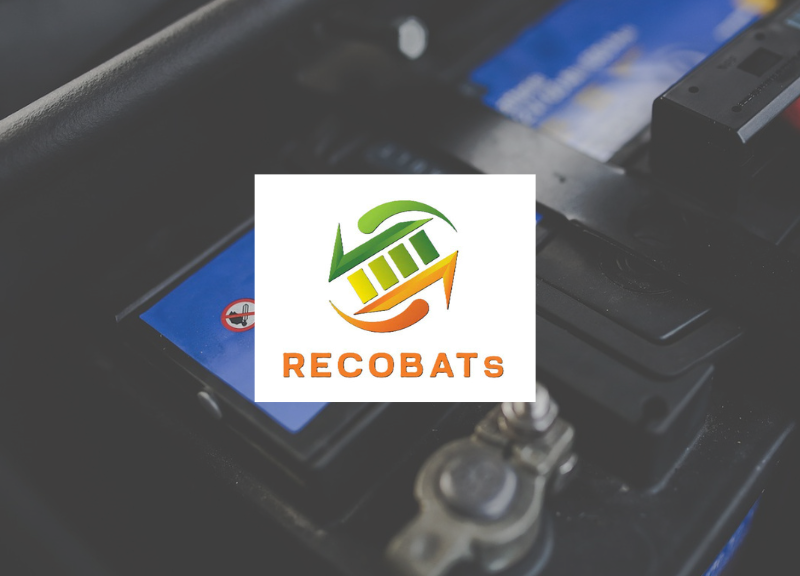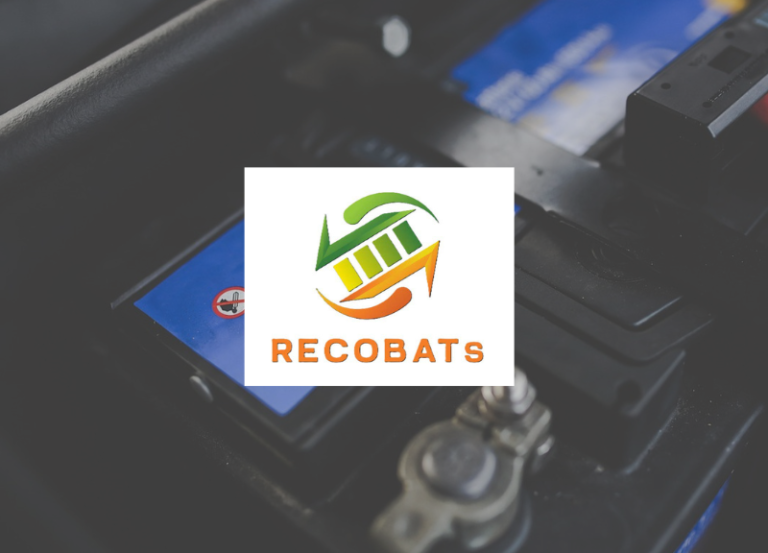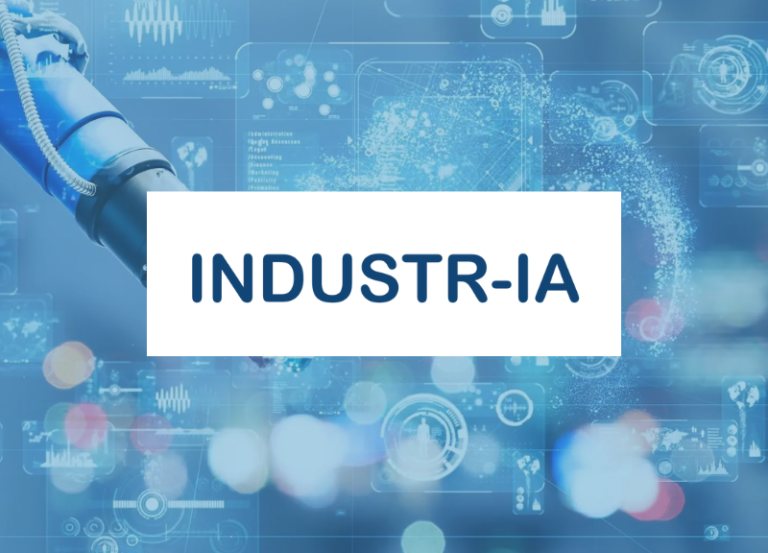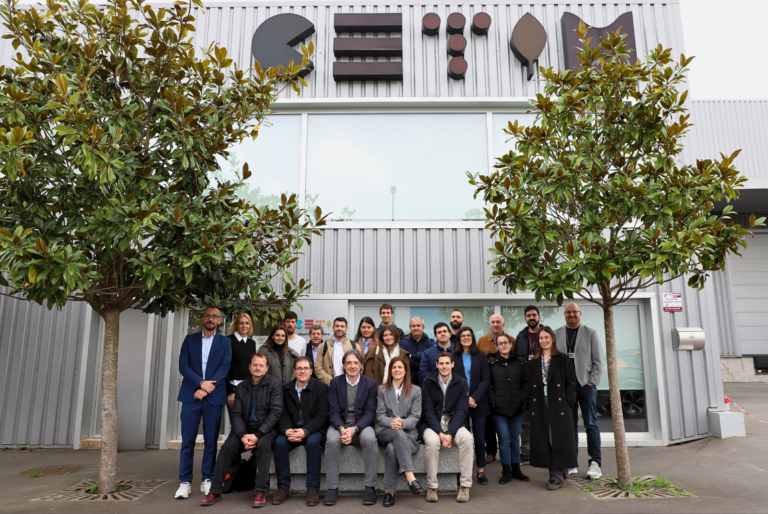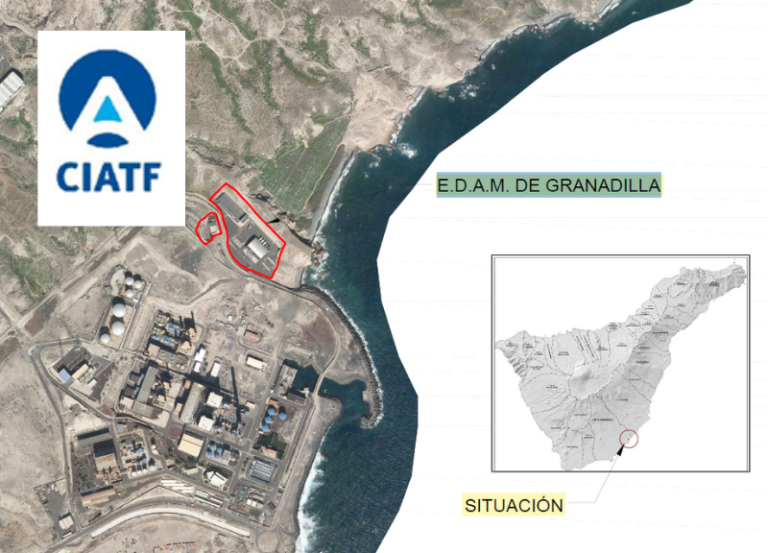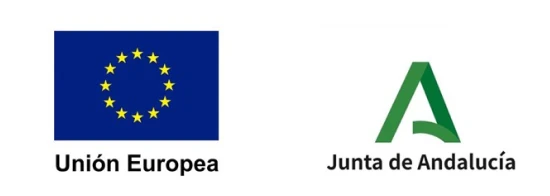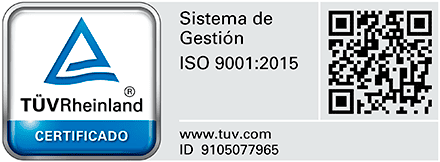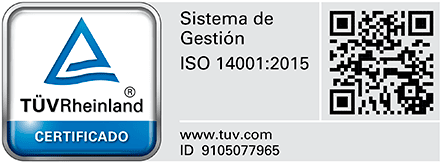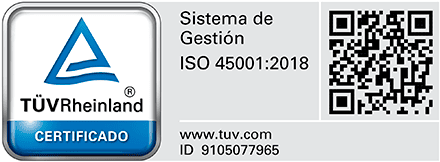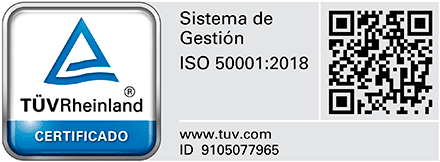The RECOBATs project “Development of a comprehensive BATTERY RECYCLING Strategy” consists of the recovery of critical raw materials that allow obtaining new batteries

Goals
The project aims to develop a comprehensive and versatile strategy for the second life and recycling of lithium-ion batteries at the end of their useful life. To this end, different technologies will be investigated at all stages of the process, from logistics and transport safety, to deactivation, automatic disassembly or regeneration into new batteries, and direct recycling through selective separation for the recovery of battery elements, such as the cathode, anode, copper, and aluminum; as well as indirect recycling, which will recover strategic materials for a second life.
RECOBATs will not only boost the market for electromobility and renewable energy, but will also promote the recovery of critical metals, contribute significantly to improving environmental sustainability, reducing CO2 emissions by at least 70% compared to extractive mining of some critical raw materials such as lithium, cobalt, and nickel, and will reduce the accumulation of waste in landfills.
The project will be implemented over a 48-month period and is comprised of a scientific consortium led by CETIM Technological Centre and made up of AIMEN, the Iberian Centre for Research in Energy Storage (CIIAE), and CSIC-CENIM. ECOINTEGRAL/IDP, a company with more than 26 years of experience in energy infrastructure engineering, is coordinating the business group, which includes companies such as Apria Systems, BeeCYCLE, DGH, Envirobat, FCC Ámbito, and Recyclia. Each of these entities covers the entire battery recycling value chain, from collection, disassembly and condition analysis, life extension, selective separation, materials recovery, process modeling and visualization, and materials application.
Consortium

Other resources


“This RECOBATs project has been funded by the Center for Technological Development and Innovation (CDTI) as part of the 2024 call for “Science and Innovation Missions” under the TransMisiones initiative, and has the support of the Ministry of Science, Innovation and Universities.”

